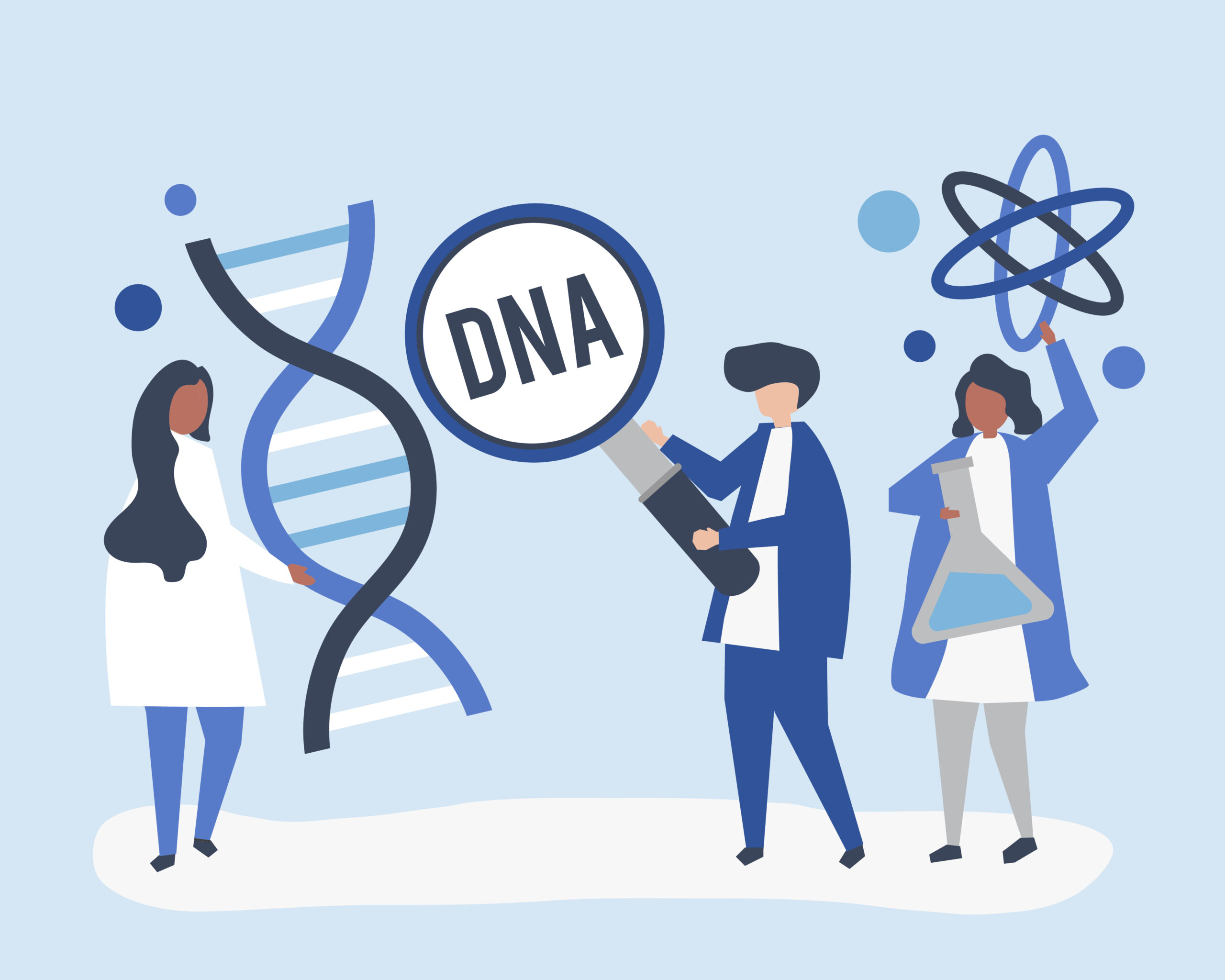
Genetic counseling is a vital resource for individuals and families navigating the complexities of genetic information and inherited conditions. This service provides education, support, and guidance on genetic testing and its implications, helping patients make informed decisions about their health. Understanding when and why you should consider genetic counseling can empower you to take control of your health and well-being. This blog explores the role of genetic counseling, the situations in which it may be beneficial, and the process involved.
What is Genetic Counseling?
Genetic counseling is a process that involves communication between a trained healthcare professional (genetic counselor) and an individual or family regarding the implications of genetic conditions. Genetic counselors are specially trained to interpret genetic information, provide information about genetic disorders, and guide individuals through the testing process. The key components of genetic counseling include:
Assessment of Family and Medical History: The genetic counselor reviews the individual’s personal and family medical history to identify any patterns or risk factors for genetic disorders.
Explanation of Genetic Testing Options: Counselors discuss the available genetic tests, their benefits, limitations, and potential outcomes.
Emotional Support: Genetic counseling provides a safe space for individuals to express their concerns and emotions regarding genetic risks, testing, and results.
Informed Decision-Making: Counselors help individuals understand their options and make informed choices about genetic testing, management, and family planning.
Follow-Up and Resources: Genetic counselors provide ongoing support and connect individuals with resources, support groups, or medical specialists as needed.
When Should You Consider Genetic Counseling?
There are several situations where genetic counseling may be beneficial:
Family History of Genetic Disorders: If you have a family history of genetic conditions, such as cystic fibrosis, Huntington’s disease, or sickle cell anemia, genetic counseling can help assess your risk and provide insights into the likelihood of passing on these conditions to your children.
Personal Health Concerns: If you have experienced unexplained medical issues or symptoms that may have a genetic basis, such as multiple cancers, early-onset diseases, or unusual developmental delays, genetic counseling can help identify potential genetic causes.
Pregnancy Planning: Individuals or couples planning to start a family may consider genetic counseling to understand the risk of hereditary conditions. This is particularly important for those with known genetic disorders in their families or individuals from certain ethnic backgrounds with higher risks for specific conditions.
Prenatal Genetic Testing: If you are pregnant or considering pregnancy and are offered prenatal genetic testing, genetic counseling can help you understand the testing options, potential results, and implications for you and your baby.
Testing Positive for a Genetic Mutation: If you or a family member has undergone genetic testing and received a positive result for a genetic mutation, such as BRCA1 or BRCA2 (associated with breast and ovarian cancer), genetic counseling can provide support in understanding your options for risk management and prevention.
Post-Diagnosis Support: After receiving a diagnosis of a genetic disorder, individuals may seek genetic counseling for support in managing the condition, understanding its implications for family members, and exploring treatment options.
Why Consider Genetic Counseling?
There are numerous reasons why genetic counseling is essential for individuals and families:
Informed Decision-Making: Genetic counseling provides individuals with the necessary information to make informed choices about genetic testing, treatment options, and family planning.
Personalized Risk Assessment: Genetic counselors can provide a detailed analysis of individual risk factors based on family and medical history, helping to clarify uncertainties regarding genetic conditions.
Emotional Support: The process of exploring genetic risks and testing can be emotionally challenging. Genetic counselors provide a supportive environment to discuss fears, concerns, and options, helping to alleviate anxiety.
Resource Access: Genetic counselors can connect individuals with relevant resources, support groups, and specialists, providing comprehensive care and support.
Empowerment: By understanding their genetic risks and options, individuals can take proactive steps to manage their health and make informed choices for themselves and their families.
The Genetic Counseling Process
The genetic counseling process typically involves several steps:
Initial Consultation: During the first meeting, the genetic counselor will gather detailed information about your medical history, family history, and any specific concerns you may have.
Discussion of Testing Options: The counselor will explain the types of genetic tests available, what they can reveal, and any limitations or risks associated with testing.
Testing: If you decide to pursue genetic testing, the counselor will guide you through the process, which may involve providing a blood or saliva sample.
Results Interpretation: After testing, the genetic counselor will review the results with you, discussing what they mean and the potential implications for your health and family.
Follow-Up Support: Depending on the results, additional follow-up appointments may be scheduled to discuss management options, prevention strategies, or additional testing.
Conclusion
Genetic counseling plays a crucial role in helping individuals and families navigate the complexities of genetic information and inherited conditions. Whether you are considering testing, facing a family history of genetic disorders, or seeking support after a diagnosis, genetic counseling can provide valuable insights and resources to empower you in your health journey.
By understanding when and why to consider genetic counseling, you can make informed decisions that align with your values, preferences, and health goals. In a world where genetic information is increasingly accessible, genetic counseling serves as a guiding light, helping individuals and families make sense of their genetic risks and take proactive steps towards a healthier future.

